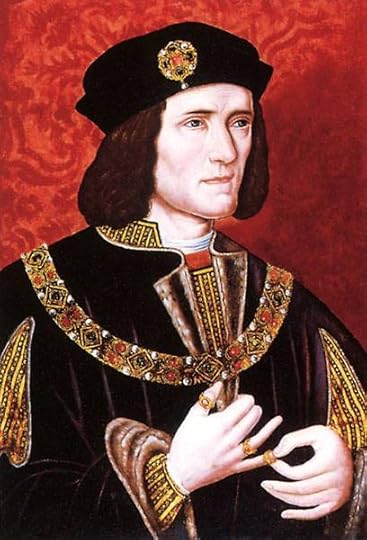What do you think?
Rate this book


496 pages, Hardcover
First published September 1, 2011




”What is the broadest water and the least danger to walk over? The dew. What is the cleanest leaf among all other leaves? The holly leaf, for nobody will wipe his arse with it. How many calves’ tails can reach from the earth to the sky? No more than one, if it is long enough.”